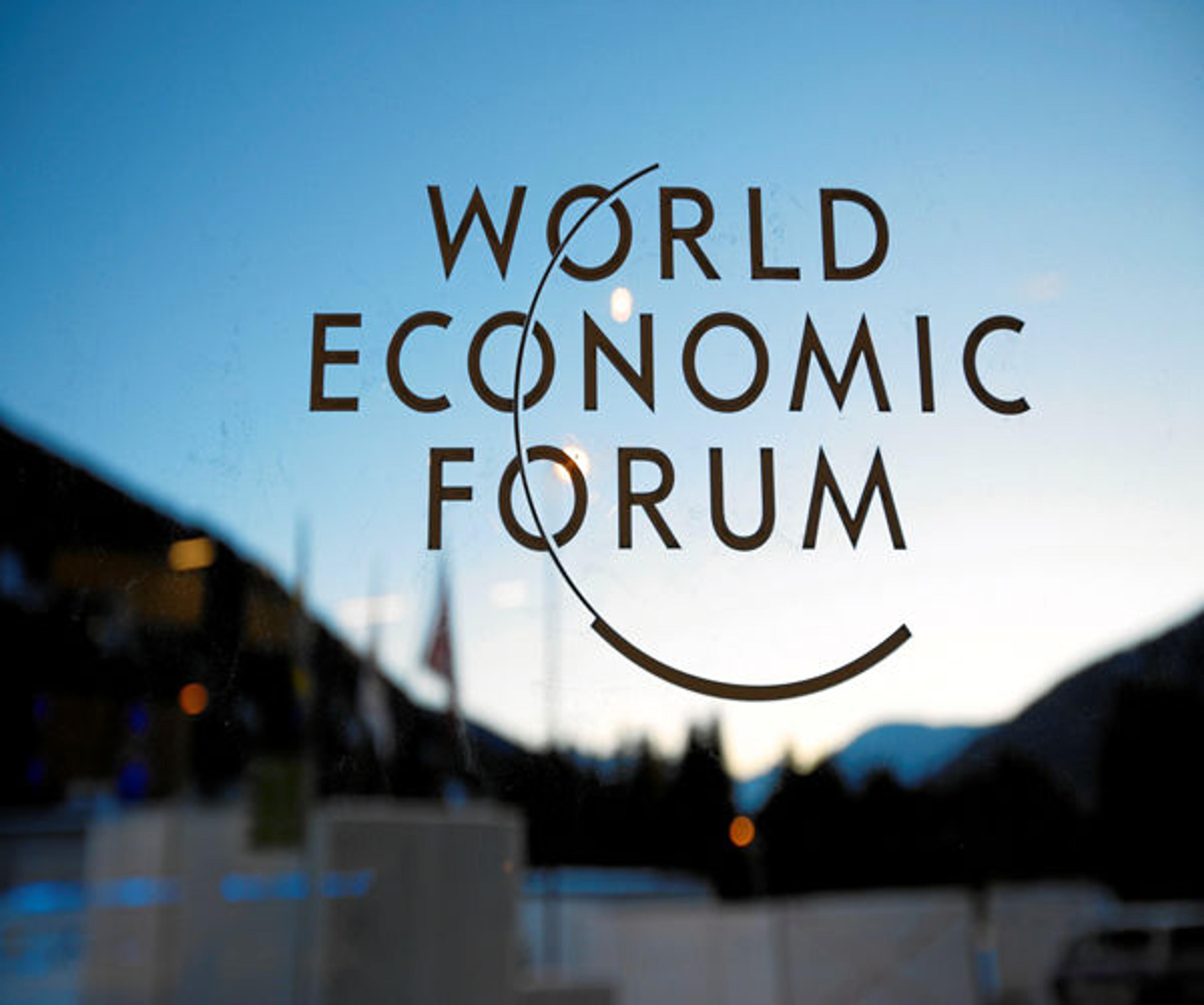
«I arrived in Davos this year ready to talk about the critical relevance of culture within the World Economic Forum's annual meetings. But one thing was lingering in my mind and became a critical part of my discussions there. Last November Bill Gates did an interview with the Financial Times newspaper. In it, he said that it was morally questionable to give money to an art museum when there are still diseases that cause blindness in the world. While I greatly admire Mr. Gates's work as a significant philanthropic catalyst, this particular perspective seems limited and counter to the very priorities that he champions in his charitable work.»
Of course, no one will be surprised to hear that the Director of the Met thinks that museums matter, but it is important to consider WHY they matter. And I don't mean as lovely places to visit and admire; I mean as critical elements within societies worldwide.
Many of us know the power of art to inspire and transport us emotionally, intellectually, and spiritually—to tap into parts of ourselves that we didn't even know existed. But that power also extends to other areas, informing and affecting issues that are deeply relevant to the world in which we now live. I offer the following three examples:
Survival: We hear a lot about resilience these days. As political upheaval threatens the very fabric of cultural history in the Middle East, Western museums have provided critical resources in areas like Iraq and Afghanistan, where heroic citizens have risked their lives to save their artistic heritage.
And in a society where cultural identity and reductive stereotypes fuel both chasms and ever-narrowing conversations, it is our museums that offer a broader, connected view. The world is complex. As is history. As is modern life. Over a million people came to the Met's new Islamic Galleries in the first year after they opened. Those were not just art lovers. They were citizens trying to connect to the misunderstood culture that claims so many of today's headlines.
Economic impact: In the earliest years of the twentieth century, the Egyptian government began collaborating with American and European museums interested in excavating there. Over the course of the last one hundred years, the Met's partnership with Egypt brought to New York one of the most important collections of ancient Egyptian art and generated groundbreaking scholarship in the field. This access to Egyptian culture has stimulated massive public interest for generations of Americans and international tourists.
Solely an indulgence of the 1%? Not when you take into account the economic impact of tourism on the Egyptian economy. Consider the struggle of the Egyptian people during the current political turmoil: the absence of tourism continues to have huge financial repercussions.
Education: Blindness has a broader definition than just a medical condition. The hundreds of thousands of Title One school children who come through the doors of museums every year are introduced to a way of seeing that is simply not available in their lives (45,000 of these students came to the Met last year alone). Art museums show them something bigger than their world: nations and empires, traditions and transgressions, pure beauty. Museums show them the potency of innovation and the splendor of creativity; they connect, excite, and teach. Art shows them what's possible. Studies have demonstrated that exposure to the arts raises student performance in reading, math and science; it is an experience that can indeed change lives.
These are but three among many examples. In the end, the role of museums is not narrow and ancillary. It is central. What greater goal can there be than to connect a global audience—to art, to the world, and to one another—for a shared future? That future can mean an awareness of the very places that the Gates Foundation is trying to improve, a subsequent interest in the well-being of the people Bill Gates works so inspiringly to save, and economic sustainability in developing nations through tourism and jobs.
Indeed, the extraordinary thing about the American philanthropic tradition is that we simply don't have to make a choice between blindness and museums. If the last 150 years have proven anything, it is that incredible things can be done simultaneously and with a sweeping commitment to every aspect of the world's needs. Let's think big. Let's think giant. Rather than polarizing these needs into an unnecessary choice.
That is the message that I brought to Davos and that I hope will continue to infuse the future dialogue around global issues.